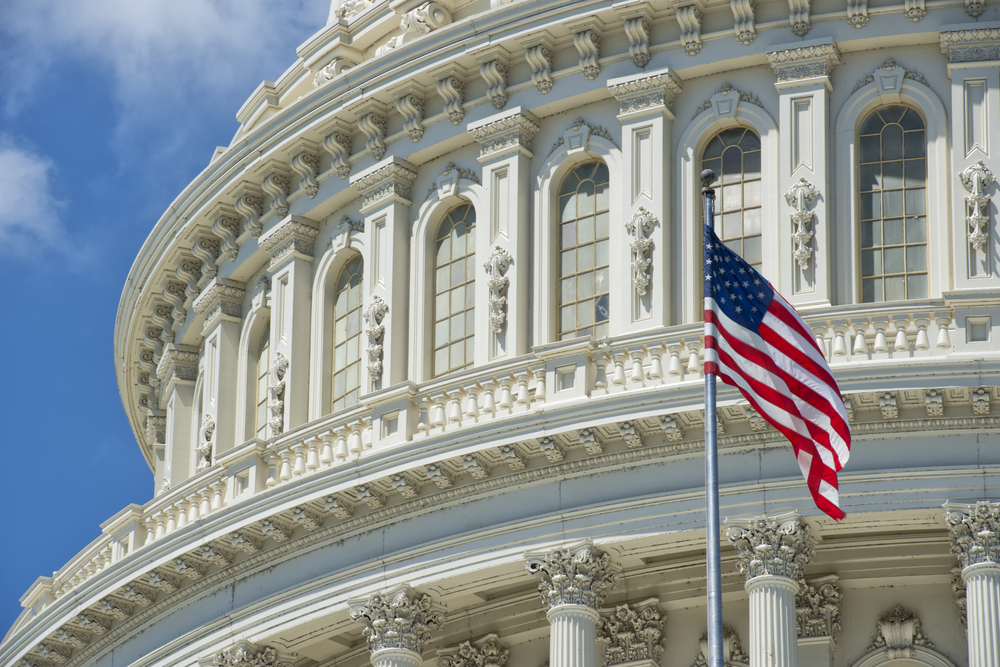ID.me pushes for US-wide privacy legislation
The latest push follows Apple CEO Tim Cook advocating support for the "strongest privacy bill possible"

Digital identity verification firm ID.me has announced its support for comprehensive federal privacy legislation.
In early June, following his appearance on Capitol Hill and meeting with legislators, Apple CEO Tim Cook sent a letter to Congress stating “US lawmakers should advance privacy legislation currently being debated ‘as soon as possible’.”
The Apple CEO has advocated for a new piece of legislation for years, criticising the tech industry in 2018 for rejecting the spirit of the EU's General Data Protection Regulation (GDPR), for example.
Following suit, ID.me has indicated support for a US-wide privacy law that gives Americans more control of their private data and deters data brokers from selling information for profit without authorization or consent.
User control of data, informed consent for data sharing, and data governance are among the principles ID.me seeks in a privacy law.
"ID.me supports federal privacy legislation that creates clear market protections for consumers," said Blake Hall, co-founder and CEO of ID.me.
"We believe that individuals have a fundamental right to privacy, and to control their own data across organizations and websites through the identity provider of their choice. While there are still important issues to iron out, we urge Congress to pass legislation that puts users in the driver's seat and ensures they know how their personal information is being used," added Hall.
Get the ITPro daily newsletter
Sign up today and you will receive a free copy of our Future Focus 2025 report - the leading guidance on AI, cybersecurity and other IT challenges as per 700+ senior executives
As matters stand, Congress is still contemplating a nationwide privacy law. The House Energy and Commerce (E&C) Committee Chair Frank Pallone (D-NJ-06) had recently introduced the American Data Privacy and Protection Act.
While the bill awaits full committee consideration, doubts have been raised over the bill’s exemption guidelines for states that already have a privacy law.
“The American Data Privacy and Protection Act as drafted is unworkable,” according to the US Chamber of Commerce.
-
 The Race Is On for Higher Ed to Adapt: Equity in Hyflex Learning
The Race Is On for Higher Ed to Adapt: Equity in Hyflex LearningBy ITPro
-
 Google faces 'first of its kind' class action for search ads overcharging in UK
Google faces 'first of its kind' class action for search ads overcharging in UKNews Google faces a "first of its kind" £5 billion lawsuit in the UK over accusations it has a monopoly in digital advertising that allows it to overcharge customers.
By Nicole Kobie